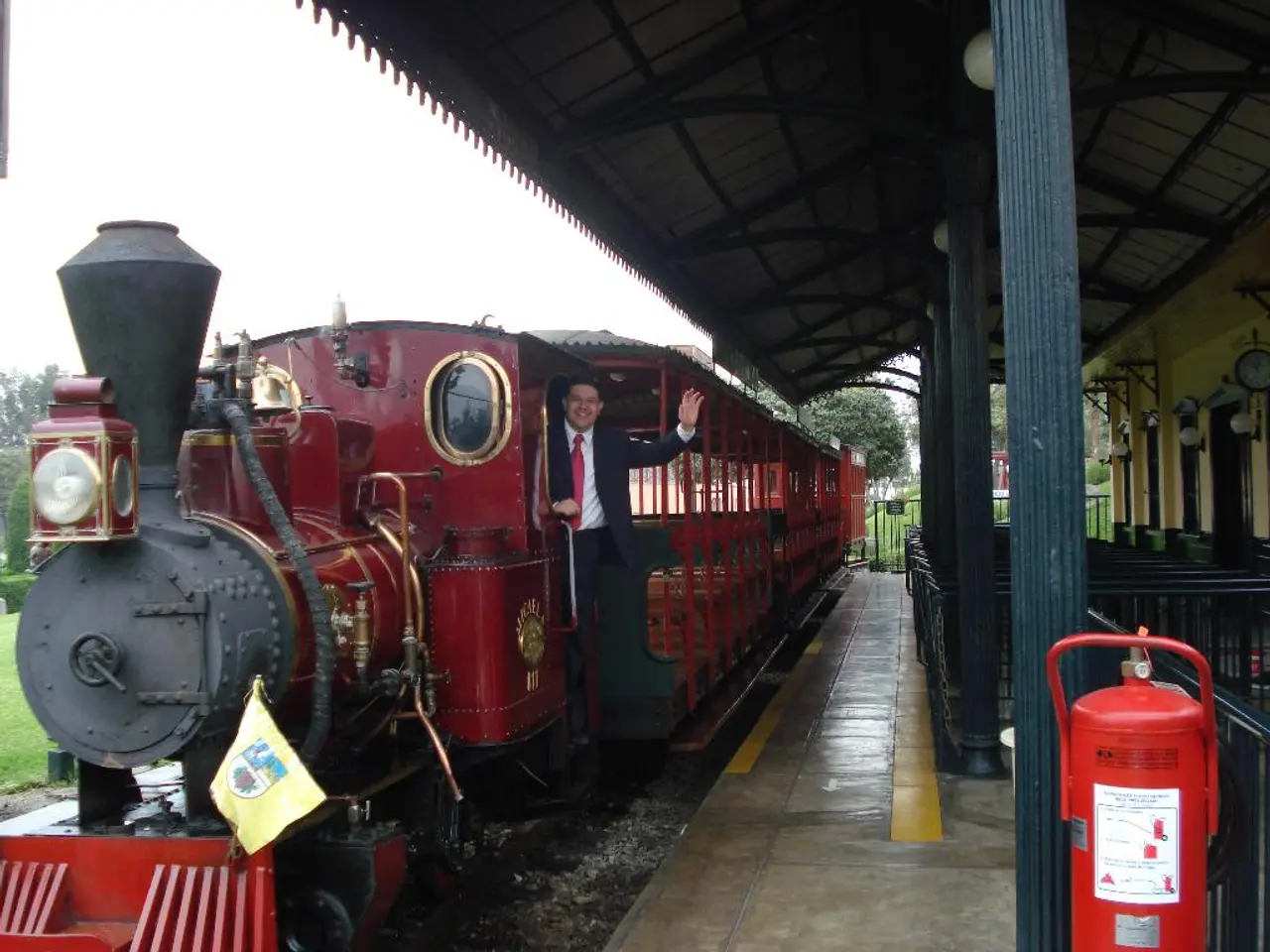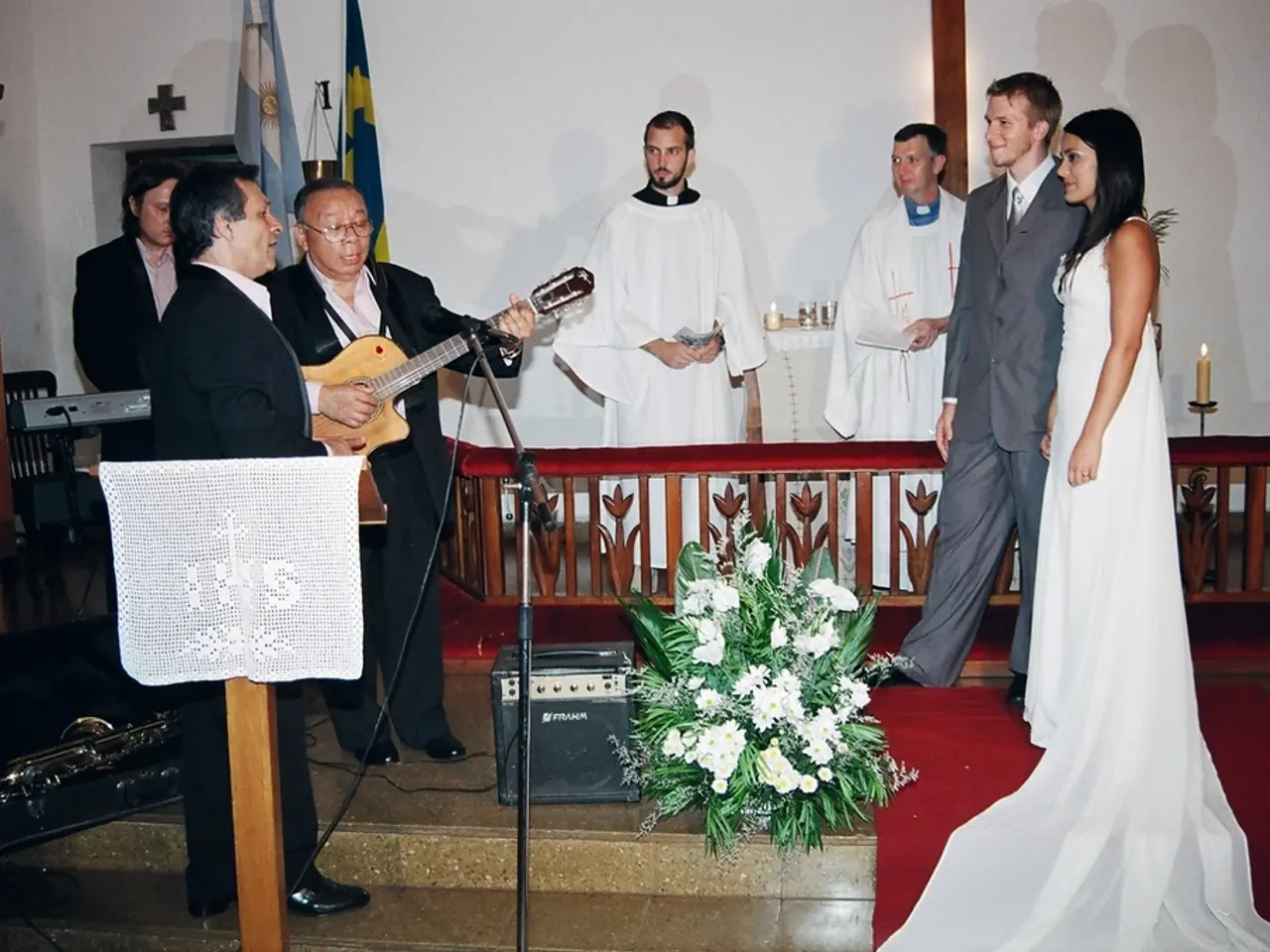Economic Empowerment Discussion featuring Sandra Angeleri: Examining Women's Liberation by Economic Means
Nora Castañeda, born in Caracas in 1942, grew up in the working-class barrios of Cotiza and 23 de Enero. Her life trajectory combined her deep connection to marginalized communities with her academic and feminist commitments, making her a key figure in Venezuela's Bolivarian Revolution.
From an early age, Nora was politically active, participating in the struggle against the Marcos Pérez Jiménez dictatorship while still in high school. Her commitment to feminism was grounded in her early life, with her mother being a barrio activist.
Nora became involved with the Communist Party and the radical wing of Acción Democrática. Her academic pursuits led her to become an economist with a strong feminist orientation. In the 1990s, she engaged with Italian feminists like Ornella Pellegrini, promoting consciousness-raising workshops to explore feminist issues.
In 2001, just two years into the Bolivarian Revolution, Nora was appointed as the president of Banmujer, the Women's Development Bank. This innovative institution, also known as Banmujer, was one of the most significant institutions to emerge during the early years of the revolution.
Banmujer broke with the logic of traditional banking by going to the women in the barrios and rural communities instead of waiting for them to come to the bank. The bank offered low-interest microcredits and always accompanied its financial support with educational workshops focusing on self-esteem, health, and gender-based violence.
With around 40,000 women participating and a network of promoters in every state and community, Banmujer became a powerful tool to challenge and transform both patriarchal and capitalist structures. Nora believed in fostering political awareness and agency among working-class women and creating institutional models that break away from these frameworks.
She advocated for a socialist feminism rooted in the collective transformation of social relations. During the 1999 Constituent Assembly process, Nora and other women fought to secure inclusive language and the recognition of unpaid domestic labor in the new constitution.
President Hugo Chavez embraced the idea of Banmujer fully, while his predecessor, Rafael Caldera, had no real interest in it. However, after Nora's death in 2015, Banmujer was subject to government intervention and quickly lost its vitality, becoming inactive with practically no funds left for loans.
Nora Castañeda's legacy includes her commitment to fostering political awareness and agency among working-class women and her insistence on creating institutional models that break away from both capitalist and patriarchal frameworks. Her life and work continue to inspire feminist activism within Venezuela's revolutionary framework.
References 1. Venezuelanalysis 2. Venezuelanalysis 3. Venezuelanalysis 4. Feminist Economics 5. Women's Studies International Forum
Nora's involvement with the Communist Party and radical political movements during her academic years fueled her passion for implementing change, especially in the areas of feminism and general news related to women's rights. In the 2000s, Nora's efforts to revolutionize traditional banking structures through Banmujer attracted attention not only in Venezuela but also in global general news and feminist circles, making her a significant figure in both the Venezuelan politics and contemporary feminist movement.







